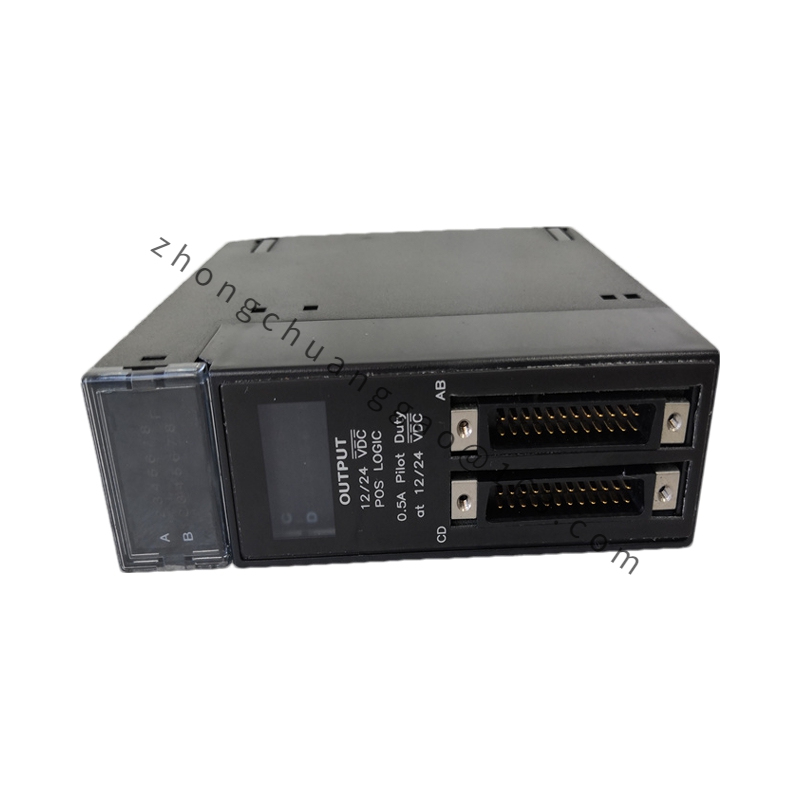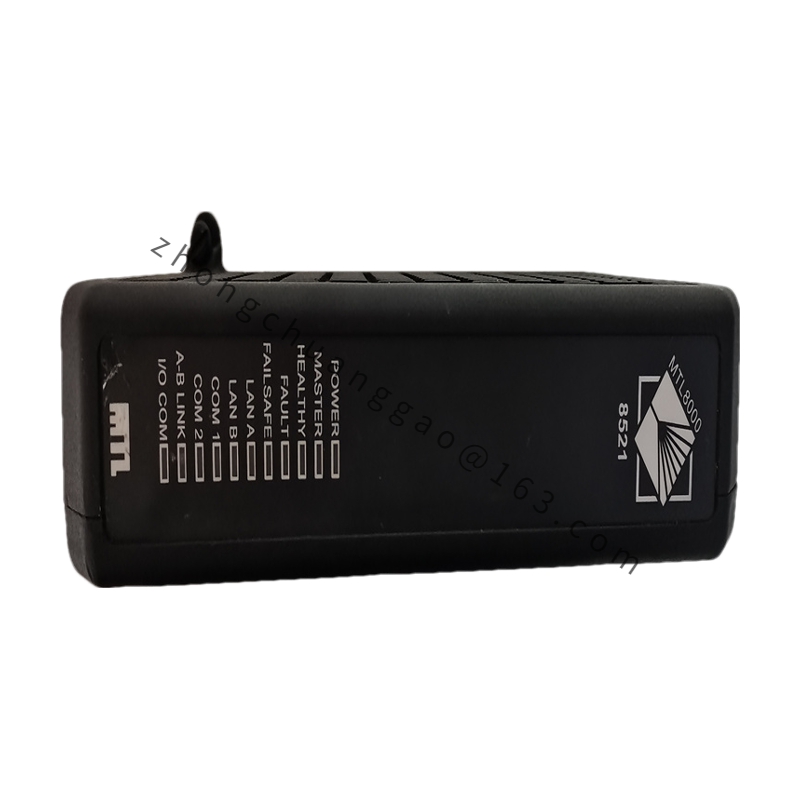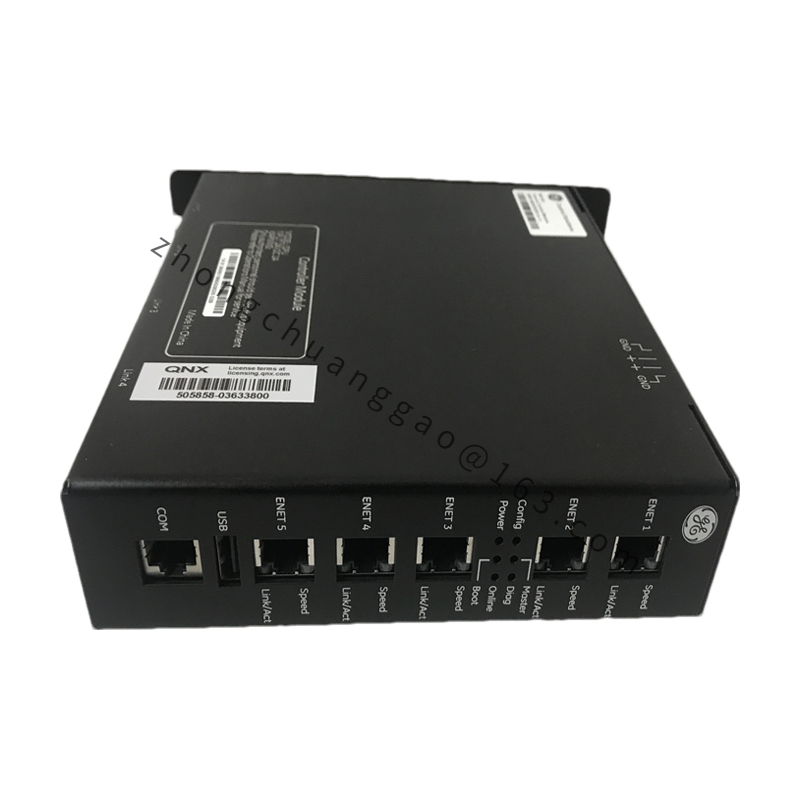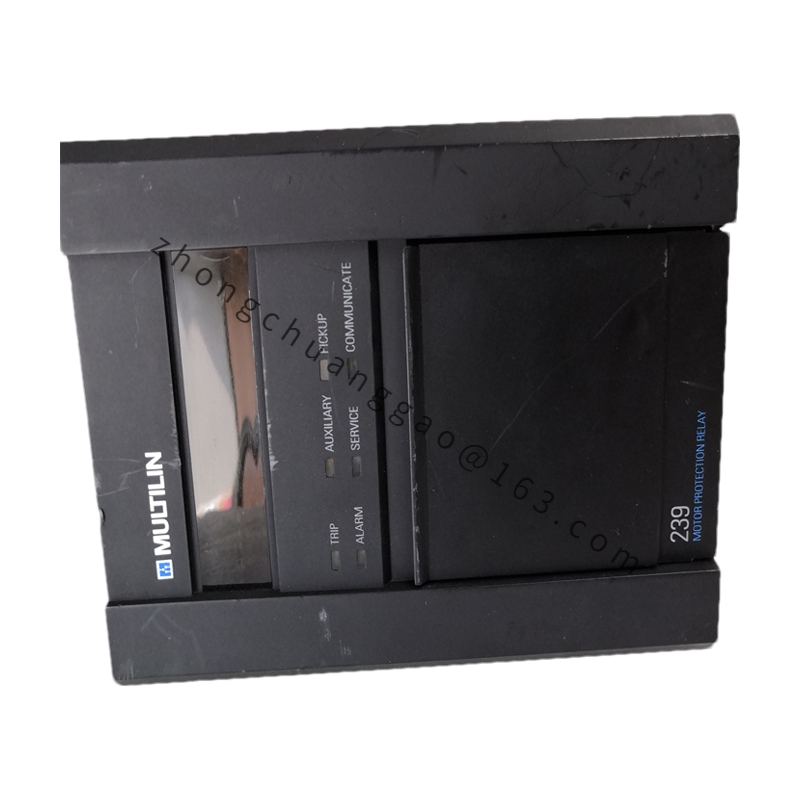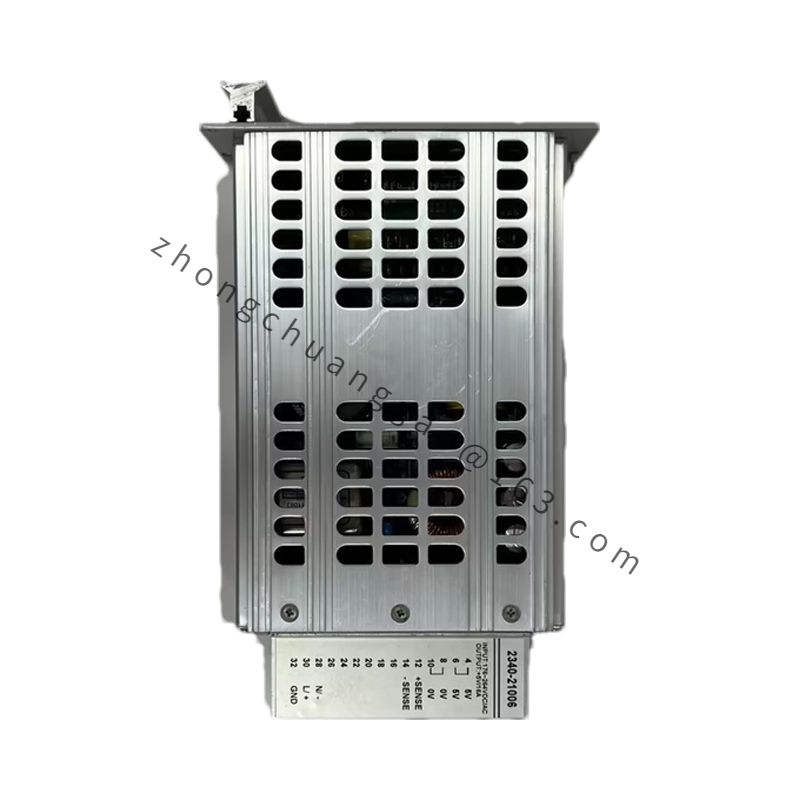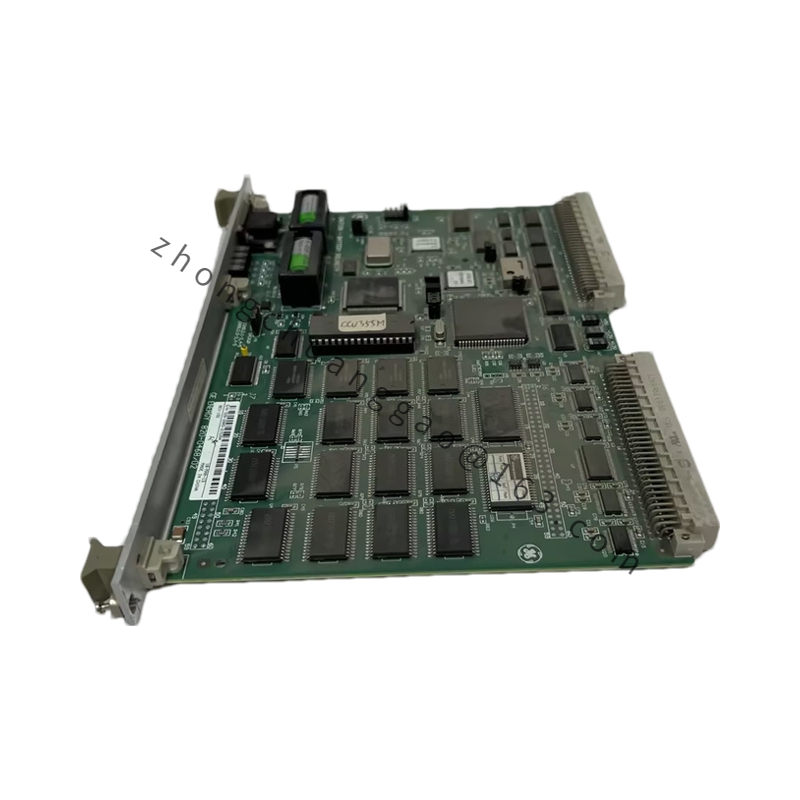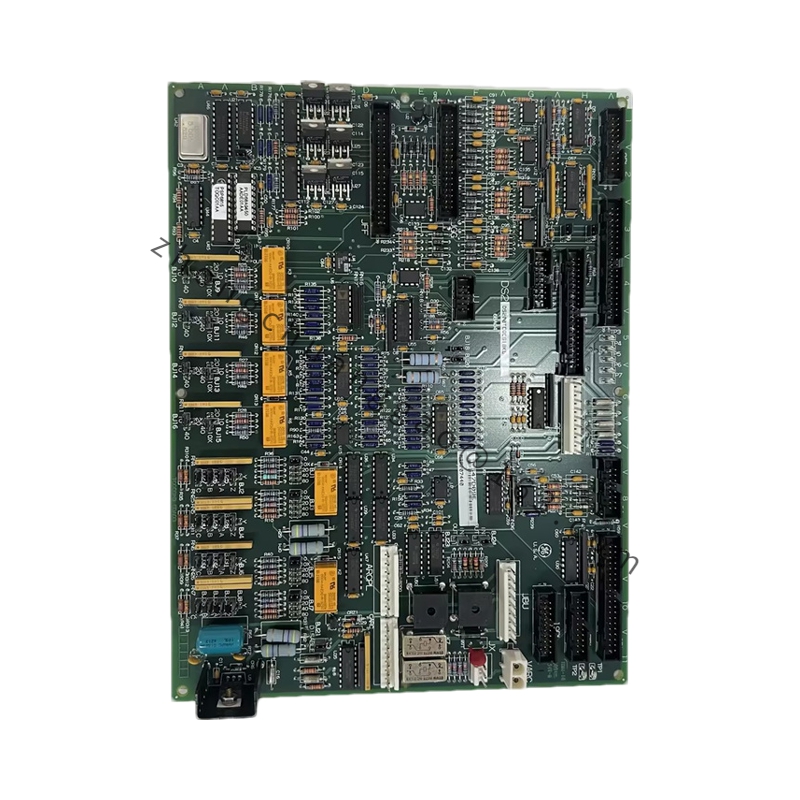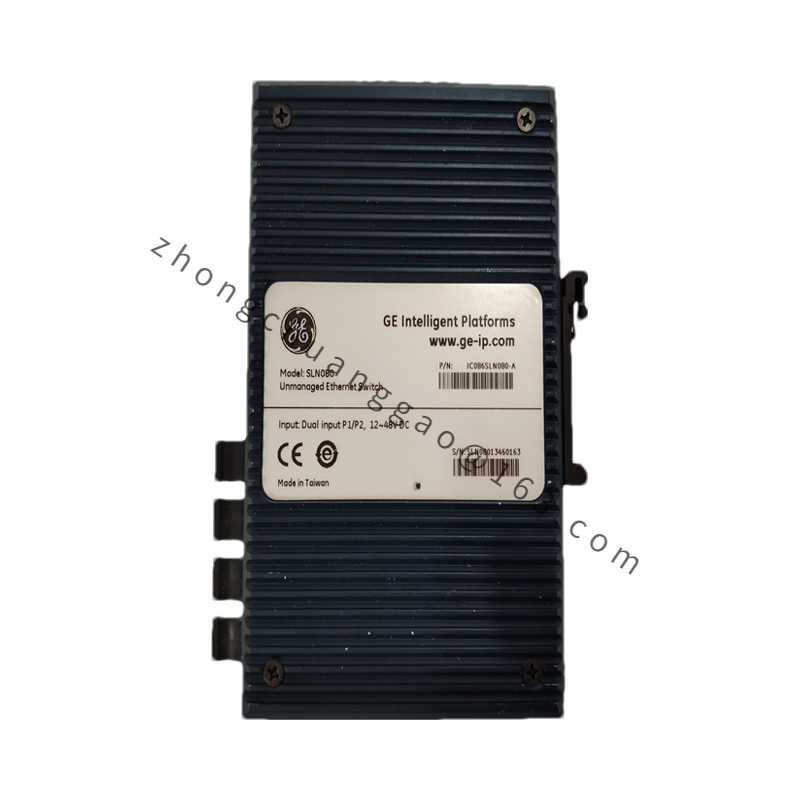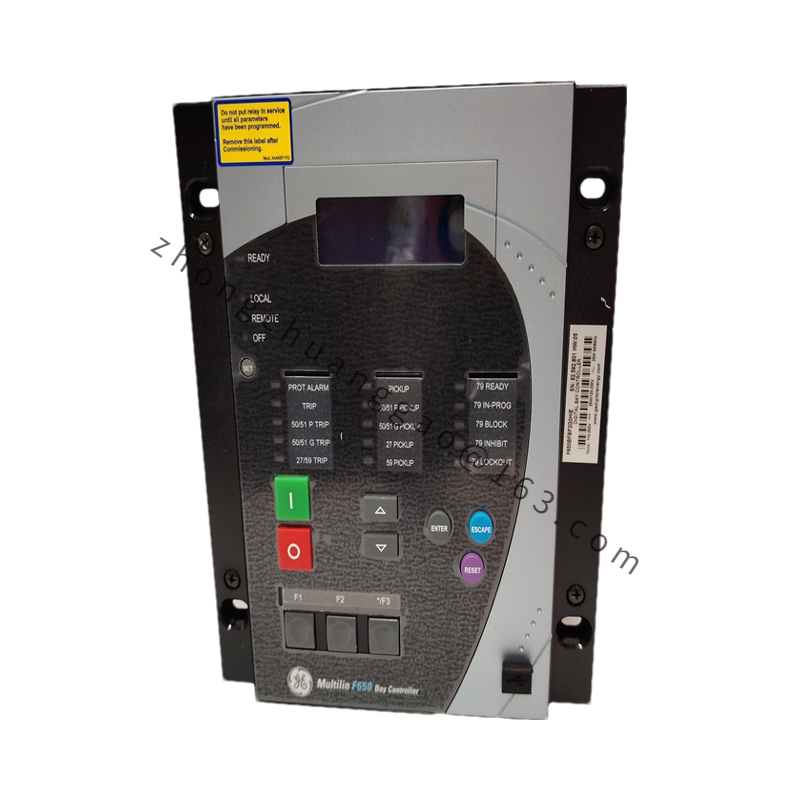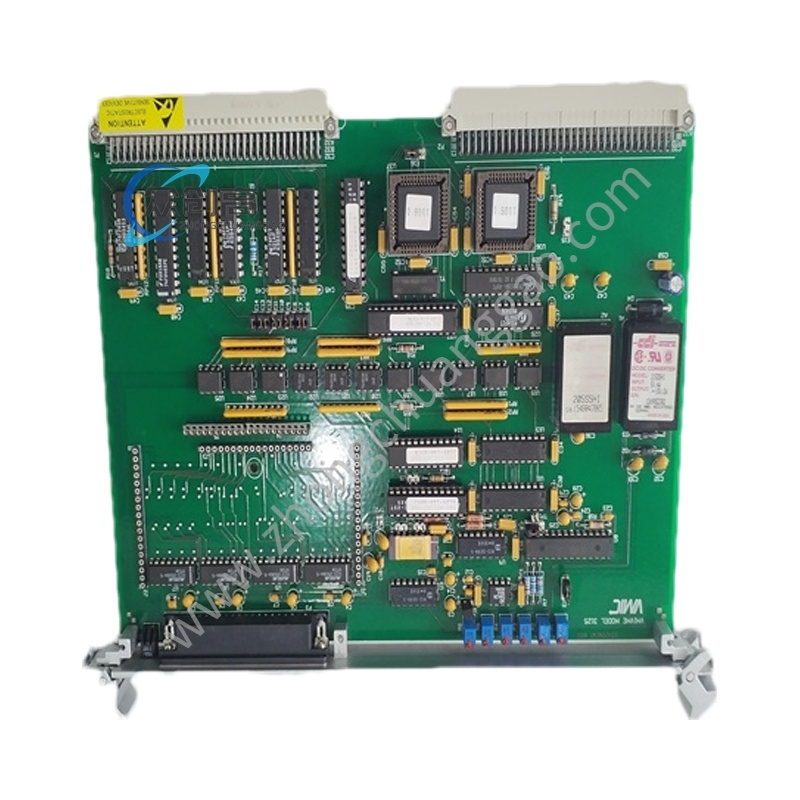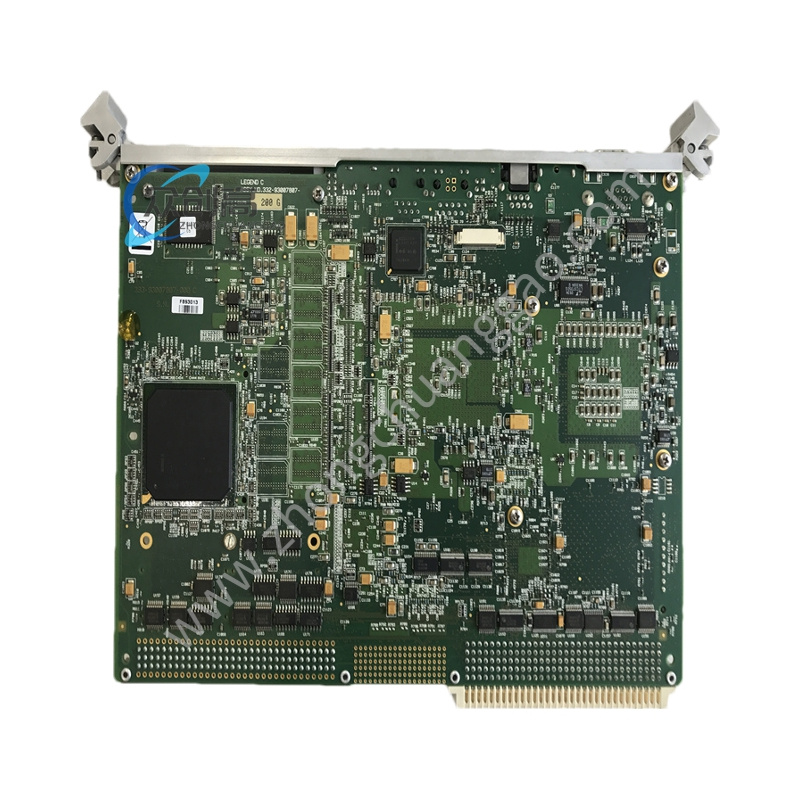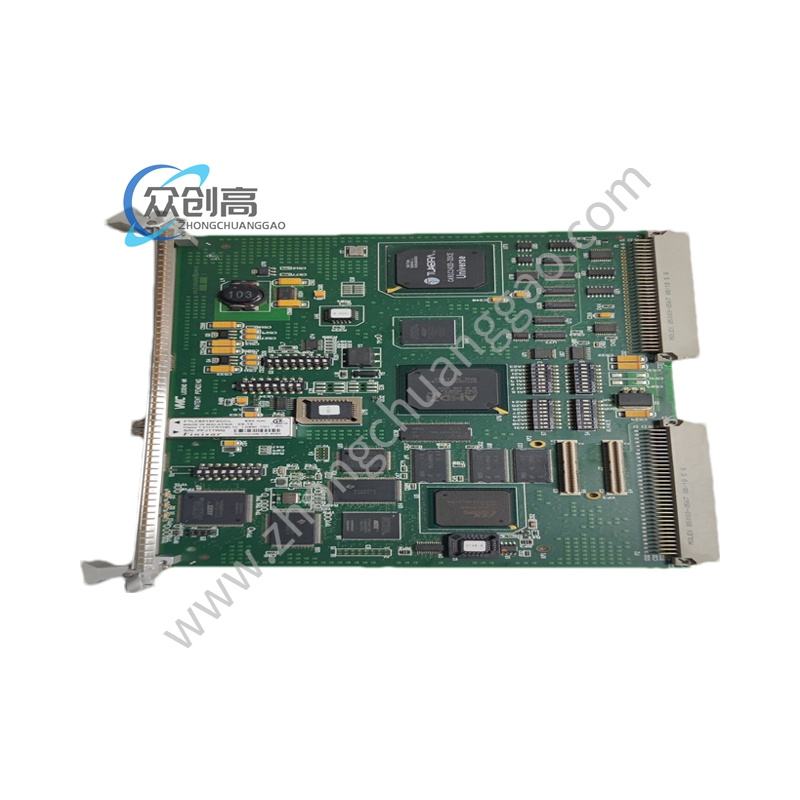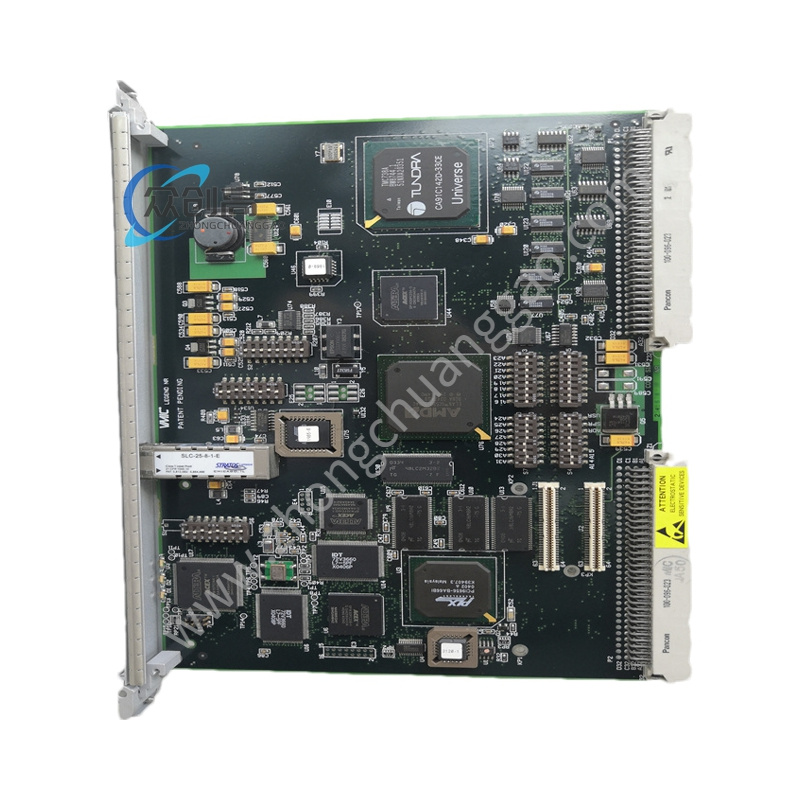GE IC693MDL753
GE IC693MDL753 is a digital output module belonging to the 90-30 series of programmable logic controllers (PLCs) originally manufactured by GE Fanuc Automation, which has now been acquired by Emerson Automation. This module offers a comprehensive set of technical specifications, functional characteristics, and diverse application scenarios.
Detailed content
Technical Specifications
- Module Type: Digital Output Module
- Series: 90-30 Series PLC
- Manufacturer: Originally by GE Fanuc Automation, now Emerson Automation
- Number of Outputs: 32 outputs, grouped into 4 sets of 8 outputs each
- Output Voltage Range: 102 – 28.8 VDC, nominal voltage 12 – 24 VDC
- Output Current:
- Per Point: 0.5 Amperes
- Per Group: Maximum 4 Amperes
- Per Common Pin: Maximum 3 Amperes
- Surge Current: 5.4 Amperes for 10 milliseconds
- On-State Voltage Drop: 0.3 VDC
- Off-State Leakage Current: 0.1 mA
- Response Time: Typically 0.5 ms for both ON and OFF signal transitions
- Internal Power Consumption: 260 mA from the 5 VDC backplane
- Isolation:
- 250V isolation between output groups
- 100V optical isolation between field side and logic side
Functional Characteristics
- Positive Logic Outputs: The module provides positive logic outputs, sourcing current to connected loads.
- LED Indicators: Each output channel has an LED indicator to show the status of the output.
- Compatibility: Compatible for use as both local I/O and distributed I/O modules, and can be installed in any available slot on a 90-30 series baseplate (excluding designated CPU, communication adapter, and specialty module slots).
- Scalability: Multiple modules can be installed as needed, subject to the I/O capacity and memory limitations of the host controller.
Application Scenarios
The GE IC693MDL753 module is widely used in various industrial automation applications due to its high number of output points, scalability, and reliability. Some of its common application scenarios include:
- Manufacturing: Controlling machinery and equipment in manufacturing plants, including automated assembly lines, packaging machines, and material handling systems.
- Process Industries: Automating processes in sectors like oil and gas, petrochemicals, power generation, and water treatment.
- Infrastructure: Managing infrastructure facilities such as power distribution networks, transportation systems, and building automation.
- Machine Tooling: Integrating with CNC machines, milling machines, and other precision equipment for efficient and reliable operation.
- General Automation: Used in diverse automation projects where a large number of discrete outputs are required for controlling various electrical loads.

